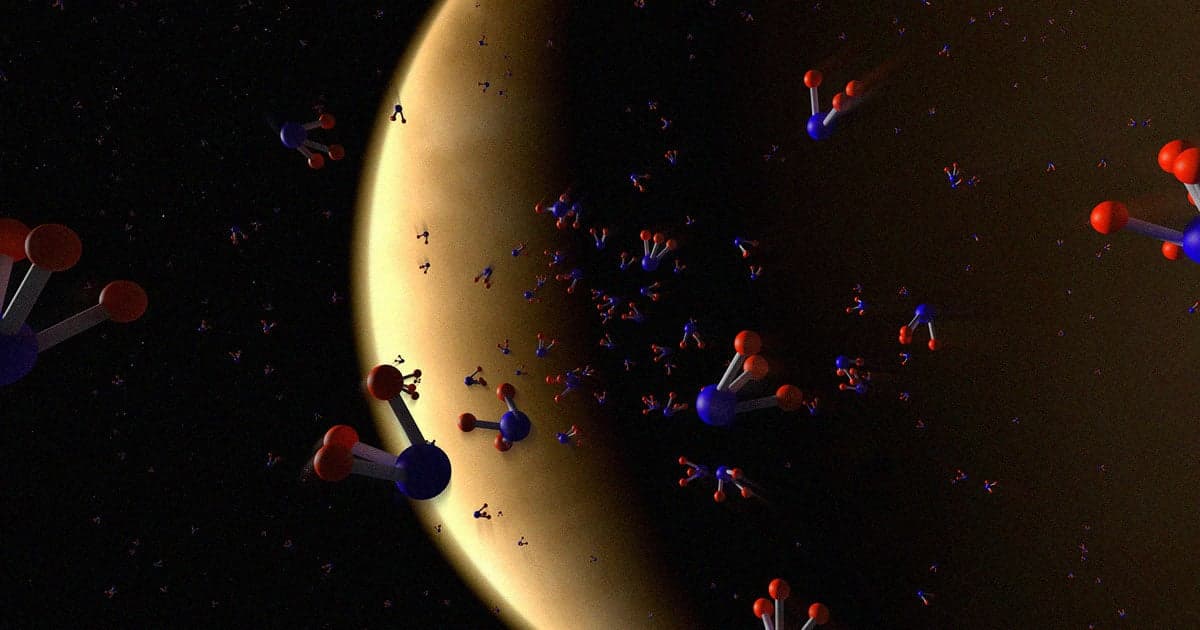Last year, researchers made headlines when they announced the finding of large phosphine sources in Venus’s atmosphere. They believed at the time that the colorless, odorless gas may be an indication of life because it’s commonly the result of organic stuff breaking down on Earth.
The idea that clouds in the planet’s thick, carbon dioxide-filled atmosphere could harbor lifeforms that are also resistant to the incredibly caustic sulfuric acid droplets surrounding them is still a stretch.

Venus, named after the Roman goddess of beauty, burns at hundreds of degrees and is shrouded in clouds containing caustic sulfuric acid particles. Few have considered the rocky planet as a possible home for life.
Instead, scientists have been looking for indications of life elsewhere for decades, mostly on Mars and, more lately, on Europa, Enceladus, and other icy moons of the large planets.
However, a new study has resurrected the intriguing theory. The presence of ammonia, which astronomers assume is present in the planet’s atmosphere thanks to the Venera 8 and Pioneer Venus probe flights in the 1970s, might neutralize sulfuric acid, according to MIT scientists.
They claim that ammonia would start a sequence of chemical processes that would convert Venus’ clouds into a livable environment.

In short, the researchers conclude in their report, which was published in the Proceedings of the National Academy of Sciences, that “life on Venus could be creating its own environment.”
The chemistry suggests that “life could be making its own environment on Venus,” as the researchers write in their study.
This intriguing new hypothesis can be tested, and the researchers have provided a list of chemical signatures that future missions can measure in Venus’ clouds to confirm or refute their theory.
Janusz Petkowski, William Bains, and Paul Rimmer, who are affiliated with MIT, Cardiff University, and Cambridge University, are among the study’s co-authors.
Last year, when scientists including Seager and her co-authors discovered phosphine in the planet’s clouds, the phrase “life on Venus” became a buzzword. Phosphine is a gas created mostly by biological reactions on Earth. On Venus, the discovery of phosphine opens up the possibility of life. However, the discovery has been widely disputed since then.


